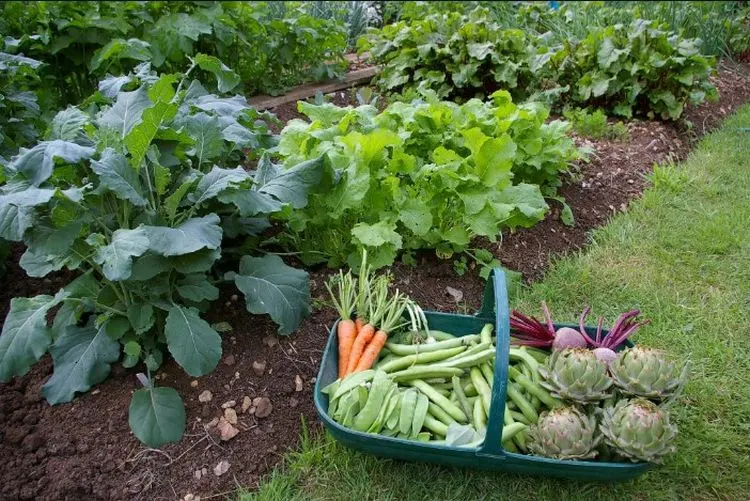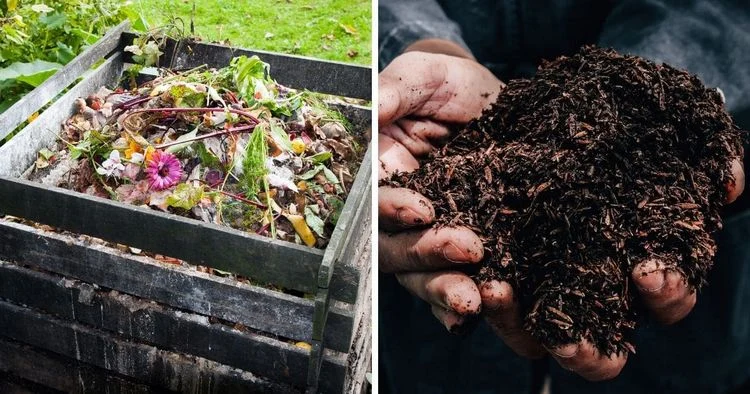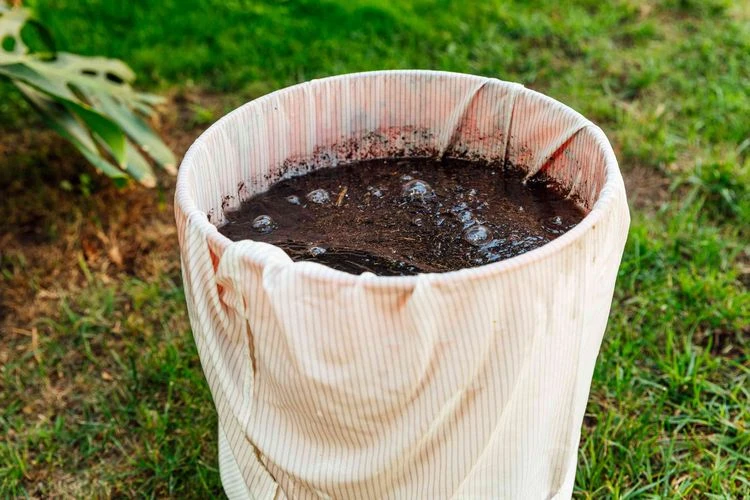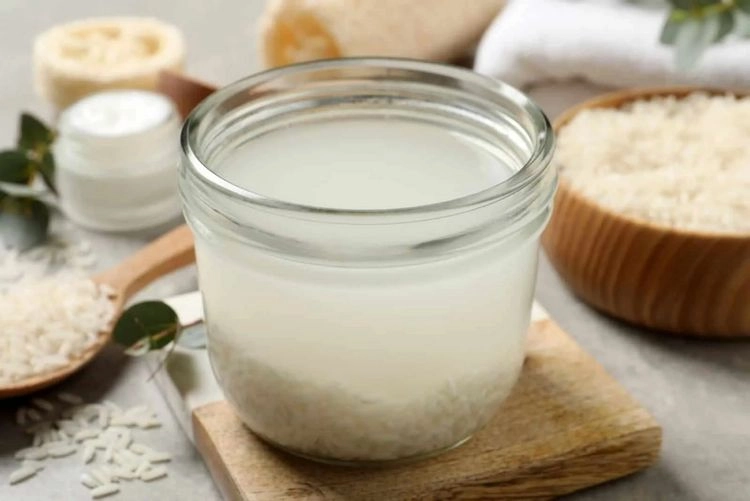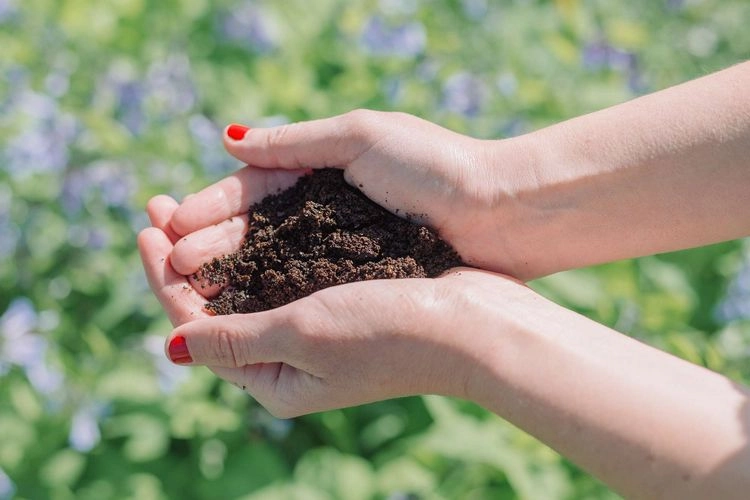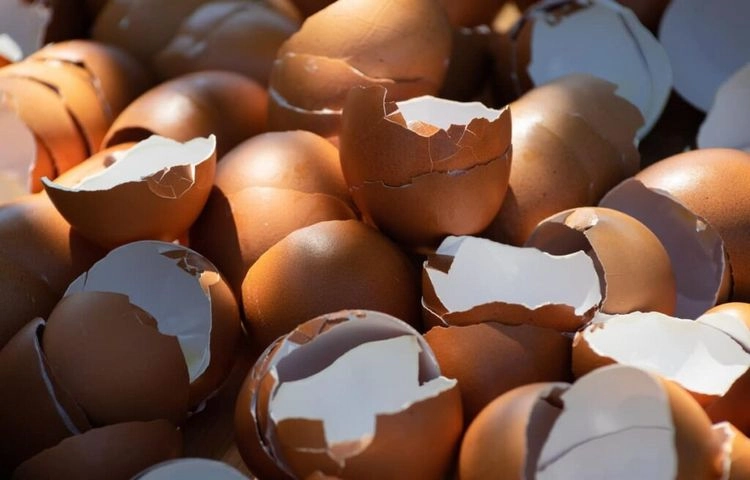Discover the good, organic fertilizers for vegetables! In this article, you’ll learn how natural fertilizers can improve the overall health of your plants.
It is essential that you provide your vegetable plants with the best nutrients available to maintain a healthy growing garden. Organic fertilizers are natural sources of minerals that have been broken down into smaller particles than those found in synthetic fertilizers. These particles make them easier for the plants to absorb and use in the growth process, which is beneficial for the vegetables. In this article, you’ll learn how using natural fertilizers can improve the overall health and happiness of your vegetable garden. Discover the good, organic fertilizers for vegetables!
Organic or Non-Organic Fertilizers?
Both organic and non-organic fertilizers provide nutrients to the plants to which they are applied – but they do so in very different ways. Organic matter develops naturally, helping to improve soil structure and encourage the growth of beneficial bacteria.
Synthetic fertilizers are made from non-organic elements – they do not contribute to soil formation, but directly nourish the plants. In addition, the use of these synthetic fertilizers can be disruptive to the natural balance of important soil nutrients. While chemical fertilizers do not promote sustainability, they do accelerate plant growth by providing essential nutrients.
When it comes to plant nutrition, organic fertilizers for vegetables are a better choice as they encourage the growth of robust, microbial communities that act as a barrier against plant diseases and unwanted pests.
Organic Fertilizers for Vegetables – Tips
The list below contains some examples of natural fertilizers that can be successfully used in the vegetable garden.
Compost for Vegetable Garden
Compost, which consists of living organisms such as bacteria and fungi, adds nutrient-rich, organic matter to the soil and helps break down plant waste into its nutrient components. The natural fertilizer is one of the best solutions for your vegetable patch Composting also reduces the need for chemical fertilizers.
Make your own compost tea: Compost tea is made by mixing water with compost. The mixture should be left in the sun for several days to allow it to decompose. As a direct result, the liquid plant food is very dark brown or maybe black in color and smells quite earthy.
Also read: How and When to Add Lime to the Garden
Feed Your Plants with Manure
Manure is not only an excellent source of nitrogen for crops, but can also provide a significant amount of phosphorus when applied in excess. Because it contains a high percentage of organic matter, it is a good soil conditioner, which is an added benefit of its use. Before being spread in the garden, the fertilizers must go through a thorough composting process.
Also read: What Fertilizer for Rose Bushes in Fall Should You Use?
Fertilize Vegetables with Rice Water
After the rice has been cooked, the water that is left can be used as a simple organic fertilizer for your plants. In addition to starch, it also contains traces of NPK. These are the three elements nitrogen (N), phosphorus (P) and potassium (K). All of these elements are necessary for the health and development of the plant. Nitrogen, in its most basic form, is beneficial for the growth of leaves and greens. However, if the nitrogen levels in your soil are too high, you will only harvest leaves, but no real fruits or vegetables. Phosphorus promotes the development and division of cells and is therefore an important nutrient for seedlings. Potassium is an important nutrient for plants as it promotes the development of fruit and flowers. It is important that your soil has a healthy NPK balance. Plants need varying amounts of each nutrient as they develop, so it is important to supplement with fertilizers at appropriate intervals.
Rice water contains only small amounts of the nutrients nitrogen, phosphorus and potassium, so you don’t have to worry about over-fertilization and can improve the soil while reducing waste. Be careful not to add salt to the water as it will be harmful to the plants if they ingest it. Also, make sure the water has reached its final temperature before proceeding. Rice water is best used immediately after preparation as it does not keep very long.
Organic Fertilizers for Vegetables – Pasta Water
The starch left in the pasta water can be used to feed your plants, much like the starch in the rice water. You can get more fertilizer out of the mixture by diluting it if it seems too cloudy or doesn’t contain enough liquid. This will help you avoid over-fertilizing your plants.
Use Potato Water
After you boil potatoes, the water that’s left is high in starch and other nutrients that are good for you. As with rice and pasta, make sure you haven’t added salt, then wait until the water is absolutely cold.
Feeding Vegetables with Wood Ash
Ash from burnt wood added to the soil has the same effect as agricultural lime. It is also an excellent source of potassium, magnesium and phosphorus, as well as many other micronutrients.
Organic Fertilizers for Vegetables – Used Coffee Grounds
The used coffee grounds provide nitrogen to the soil and help decompose organic waste. You can either sprinkle it lightly over the soil or add it to your compost pile.
Eggshells
Crushed eggshells are an excellent source of calcium and sulfur that can be added to the soil in the form of mulch. Calcium prevents blossom end rot. You can use a coffee grinder to grind the shells to a powdery consistency.

